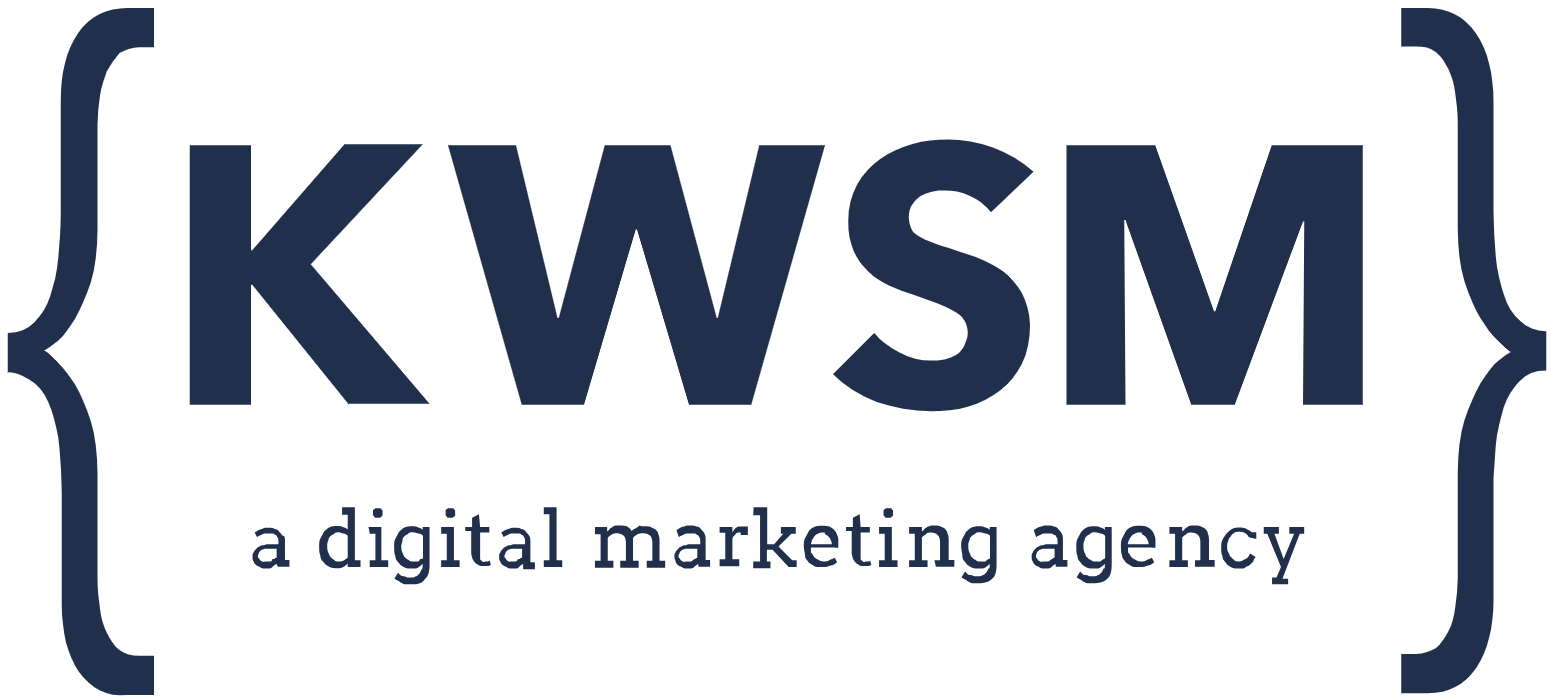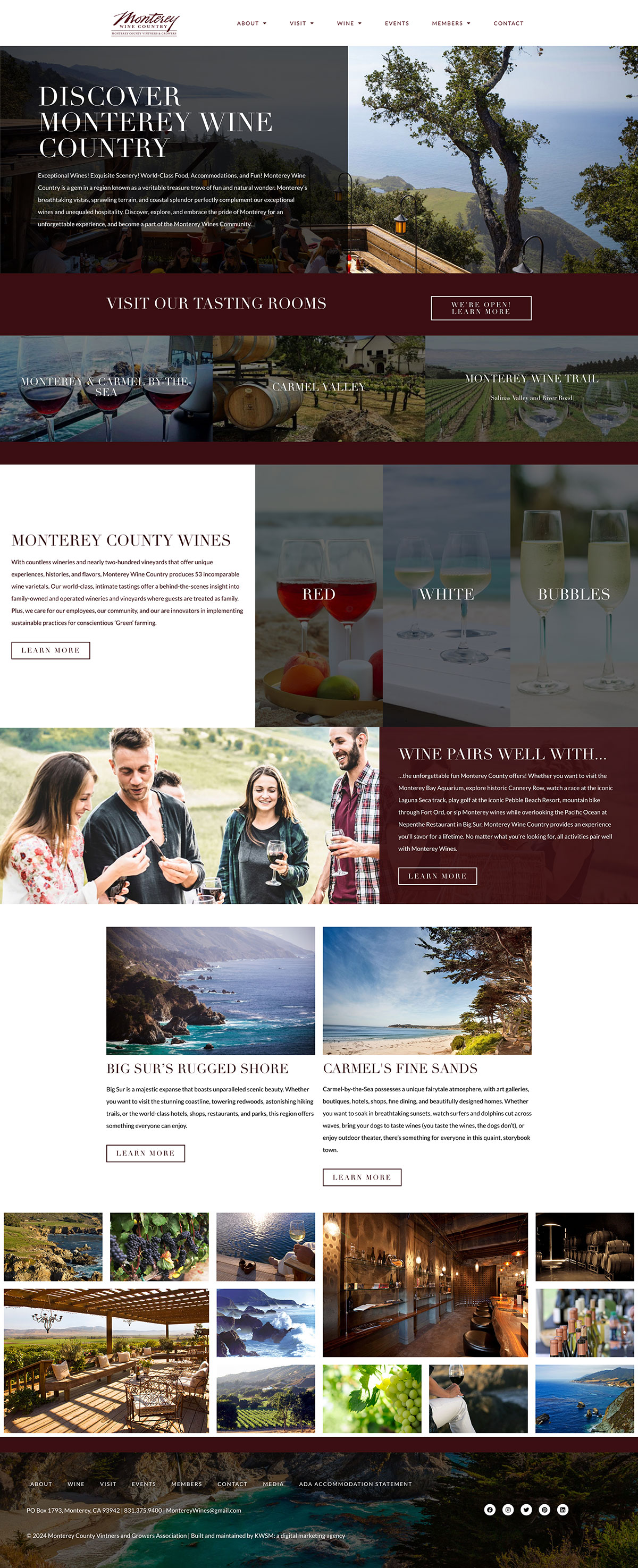Think of Klout as the cheerleader group in high school. They were the “in-crowd.” They were popular and everyone wanted to be like them. Now let’s fast forward to the real world. Do you have Klout and what does that really mean? If you’re plugged into the online world, you’ve probably heard the phrase kicked around, seen some of your friends brag about their perks, and now you’re wondering “do I have Klout?” If you’re active in the social media world, chances are you’re part of the “cool crew” and you just don’t know yet.
So what is Klout? When I met founder Joe Fernandez last year at the #140conf in LA, he simply put it as a way of measuring your influence online. He searched the web and didn’t find a tool that could comprehensively bring together all your social networks and give you a rank on how influential you were. Klout solves that problem. On the website, users can link their Facebook, Twitter, and LinkedIn accounts (FourSquare coming soon!) and the algorithms will measure the impact of their opinions, links, and recommendations across the web. Klout measures Twitter retweets, who you interact with, your Facebook activity, and how you network on LinkedIn. You are then given a score ranging from 1-100; higher scores indicate more influence. The site will also display the topics that you specialize in. Other Klout users can give you K+ points on those topics to help improve your score.
How can Klout benefit you? Go into the tools/widgets section and display a badge proudly on your website. People can then look at profile and see your activity. If you continue being active, Klout will also send you an email indicating you have won some cool perks. I’ve been fortunate enough to get into previews of movies, watch brand new shows before they air, get fast food gift cards, and even some sports gear. Other perks include Las Vegas hotel stays, Virgin Atlantic flights, and the use of an Audi car. Sound pretty cool, eh?
Do you have Klout?











